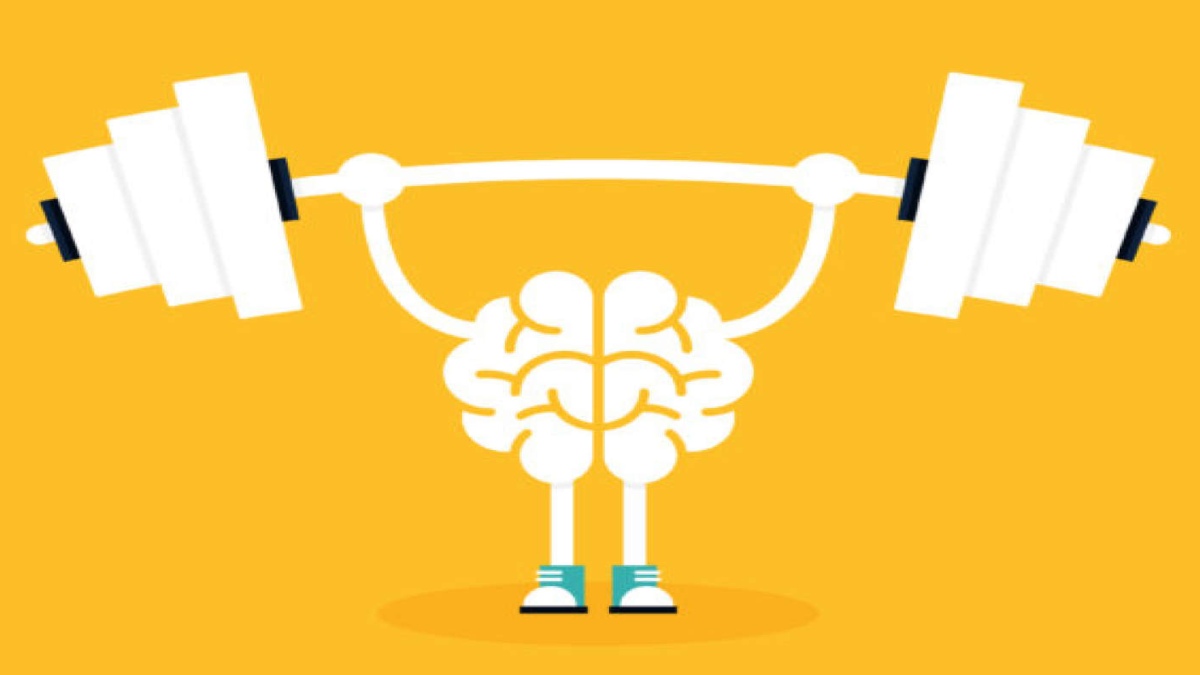
A new study that was jointly conducted by Baycrest and York University has reported that learning a second language is an effective and enjoyable way to improve brain health.
Researchers found that older adults who studied Spanish showed similar improvements in certain critical cognitive skills as did those who engaged in brain training activities that targeted those skills. The findings were published in the journal Aging Neuropsychology and Cognition.
“These results are exciting because they indicate that older adults can reap cognitive benefits from an enjoyable activity in which they might want to participate, regardless of these benefits,” says Dr. Jed Meltzer, Baycrest’s Canada Research Chair in Interventional Cognitive Neuroscience, a neurorehabilitation scientist at Baycrest’s Rotman Research Institute (RRI) and the lead author on this study.
In the study, the researchers recruited 76 older adults aged 65-75. All participants spoke only one language, were cognitively healthy, had never formally studied Spanish before and had not studied any other language in the past 10 years.
Participants were randomly assigned to one of three groups: language learning, brain training or a waitlist (with no language learning or brain training), which served as the control group. For 1
6 weeks, those in the language learning group spent 30 minutes a day, five days a week learning Spanish using Duolingo, an online language learning app. Those in the brain training group spent the same amount of time but used BrainHQ by Posit Science.
The researchers assessed participants’ performance on specific cognitive tasks before and after the 16 weeks. These tasks were similar to the exercises in BrainHQ. At the end of the intervention, they also measured participants’ adherence to the learning schedule and their enjoyment of the program they followed (language learning or brain training).
They found that participants in the language learning group showed similar improvements as the brain training group in two areas of cognition: working memory and executive function – that is, the ability to manage conflicting information, stay focused and avoid distractions.















